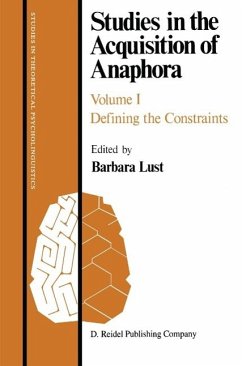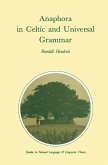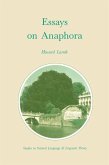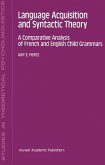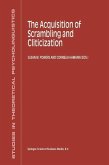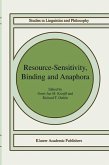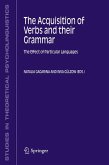This book is addressed to a central area' of current linguistics and psycholinguistics: anaphora. It is a collection of independent studies by individuals who are currently working, on probleJ,IlS in this area. The book includes two independent volumes. The major focus of these volumes is a psycholinguistic problem: the first language acquisition of anaphora. The volumes are intended to provide a basic reference source for the study of this one central, critical area of language competence. They combine results from the interdisciplinary study this area has attracted in recent years. Each of the studies collected here is intended to be readable indepen dently of the others. Thus a theoretical linguist or psycholinguist may each use this book only in part. Two basic assumptions underlie this collection of studies. (1) Signifi cant psycholinguistic study of the problem of first language acquisition requires a basis in linguistic theory. We look to linguistic theory (a) for the formulation of testable hypotheses which are coherent with a general theoretical model of language competence, and which, by empirical confirmation or disconfirmation, will have consequences which can be integra~ed in a general theory of language and of mind. This is because we pursue explanation ~f the problem of firs~ language acquisition, not merely description. (b) We also look to linguistic theory for precision in the description of language stimuli and language behavior in empirical studies. This is in order to promote replicability and interpretability of empirical results: .
Dieser Download kann aus rechtlichen Gründen nur mit Rechnungsadresse in A, B, BG, CY, CZ, D, DK, EW, E, FIN, F, GR, HR, H, IRL, I, LT, L, LR, M, NL, PL, P, R, S, SLO, SK ausgeliefert werden.

